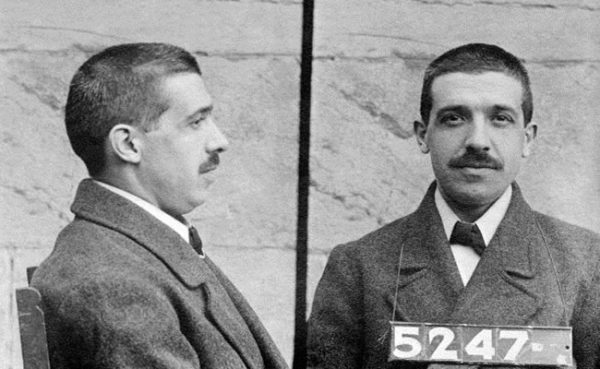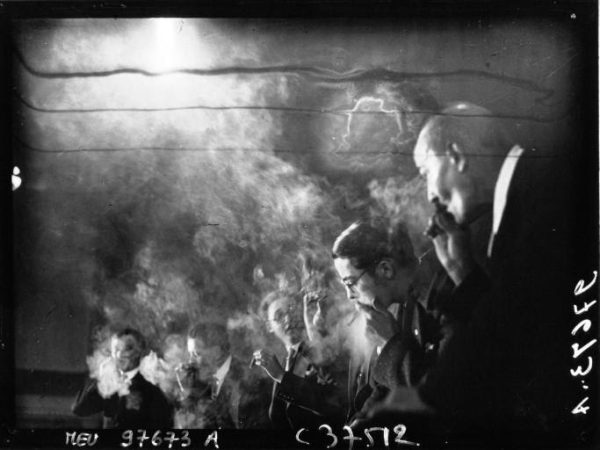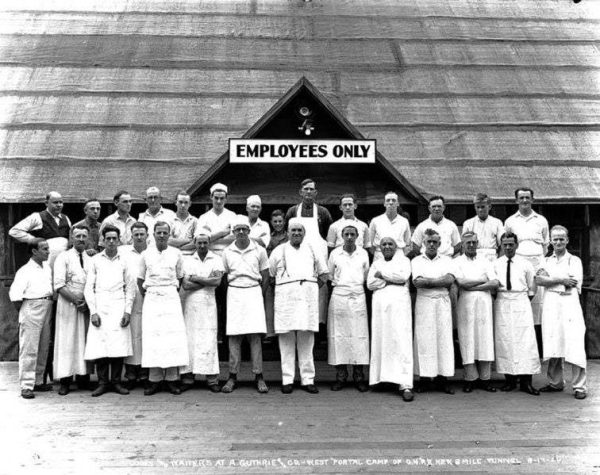Author Archive

CAUTIONARY TALE EPISODE 76
GIVE PEEPS A CHANCE
Civil Rights Department Sues Ralphs For Violating Fair Chance Act
The Fair Chance Act, California Government Code 12952 (also known as Ban-the-Box), prohibits employers of five or more people from asking for criminal background information until after a conditional job offer to an applicant. It also requires individual assessments of a person’s criminal record against job description and allowing the person a chance to respond to any employer decisions based on criminal history.

WHAT’S NEW IN 2024
FAR OUT, MAN
Cannabis Users Discrimination Protections
Protected classifications, or classes, in California include race, color, ancestry, national origin, religion, creed, age (40 and over), mental and physical disabilities, sex, gender …

WHAT’S NEW IN 2024
1.5 Cents Increase, Annual IRS Standard Mileage Rate
The Internal Revenue Service has announced its 2024 optional standard mileage reimbursement rate for employee business use of a personal vehicle, effective January 1, 2024, up from 65.5 to 67 cents/mile.

NOW, MORE THAN EVER
Inspired by a Great Friend, Helping Global Cares in Liberia, West Africa
In the memory of a dear friend Jan Silber, who recently passed, I am prompted to redouble our African outreach. Though she was never able to come to Liberia, Jan loved and generously supported our work with the Global Cares Academy and Orphanage.

CAUTIONARY TALE EPISODE 75
MAIS NO, CHEAPO
French Restaurant Accused of Tip Theft
The federal Department of Labor (DOL) is suing Mathias Wakrat and Jean-Christophe Febbrari, owners of Entre Nous French Bistro in Old Town Pasadena, for keeping hundreds of thousands of dollars in cash and credit card tips intended for their staff to cover the restaurant’s business expenses. DOL investigation also found Entre Nous misclassified some employees as independent contractors and failed to keep proper pay records.

CAUTIONARY TALE EPISODE 74
$5.5M TO SETTLE WAGE THEFT CLAIM
Elderly Care Provider Fought Underpayment Citations for Five Years
The Labor Commissioner targets industries where “wage theft” — any failure to legally and timely pay required wages, including paid sick leave and premium pay for missed breaks — is prevalent.
One such industry is board and care i.e., residential facilities housing elderly or disabled people in need of living assistance. There are 8,100 such RCFEs in California.

WHAT’S NEW IN 2024
CALIFORNIA’S EXPANDED PAID SICK LEAVE REQUIREMENTS
Updated State Guidance and Notices
Effective January 1, 2024, Senate Bill 616 expands the employer-provided paid sick leave benefits under the Healthy Workplaces, Healthy Families Act of 2014 (Act) from 24 hours or three days to 40 hours or five days.

WHAT’S NEW IN 2024
CALIFORNIA MINIMUM WAGE RATES INCREASES
Effective January 1, 2024, California minimum wage will increase to $16 per hour for all employers, regardless of size.


CAUTIONARY TALE EPISODE 73
EMPLOYERS FACING PRISON TIME
Prosecutors Targeting Garment Industry for Wage Theft
Wage theft occurs when an employer pays an employee less then minimum wage, fails to pay overtime, takes workers’ tips, does not permit meal and rest breaks, or requires work off-the-clock. It can also involve paying wages late, not paying required paid sick leave, not paying timely final pay, or any other failure to pay all wages owed.
